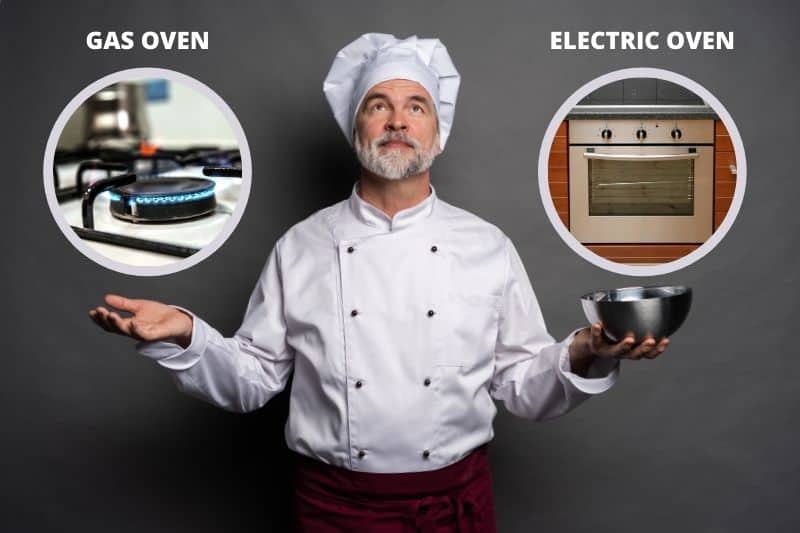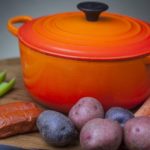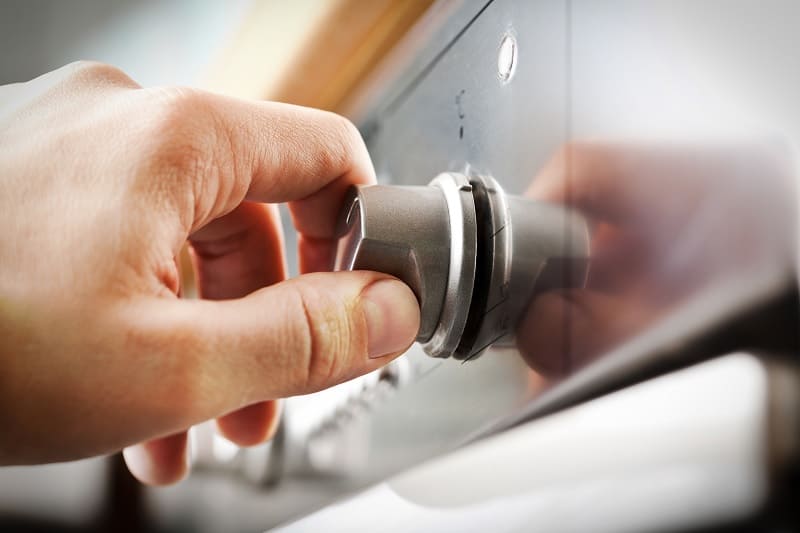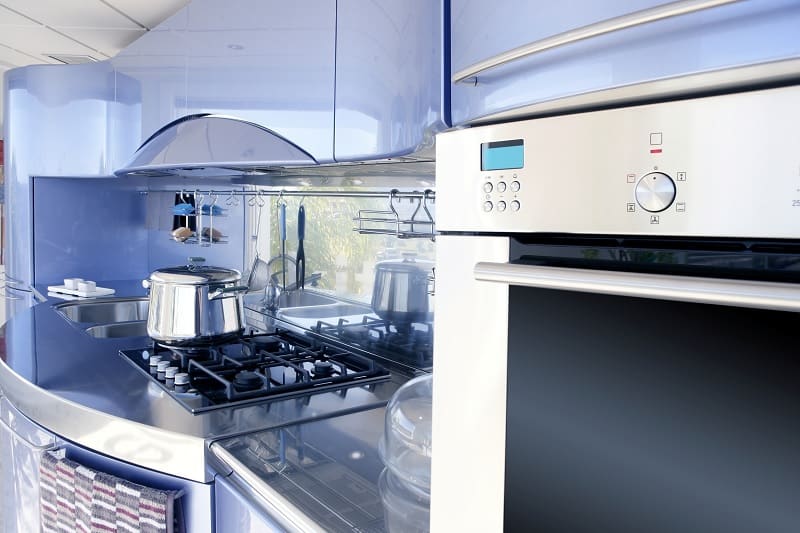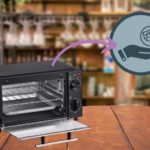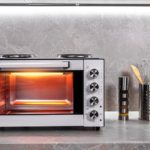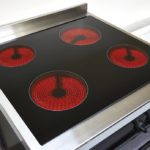If you’re an avid home chef in the market for a new oven, it might be time to start thinking about which ovens professional chefs use.
If you’re the type of home chef that loves trying to recreate the meals you have in restaurants, having the same kit in your kitchen could offer a lot of advantages.
But what ovens do professional chefs prefer? And why? Well, today, Chef’s Pick is looking at what the professionals use and why. So, if you want to cook like a pro chef in your home, read on, dear reader!
According to the Propane Education and Research Council, 96% of professional chefs prefer to cook with gas. But why? Well, here are five reasons why professional chefs love using gas ovens.
Why Professional Chefs Prefer Gas Ovens
1. Speed
If you’ve ever used a gas oven, you’ll know how quickly it heats up. For professional chefs, this is vital if they have any chance of getting fresh, beautifully made food out to their diners quickly. However, this speed is also reflected in the response time of a gas oven.
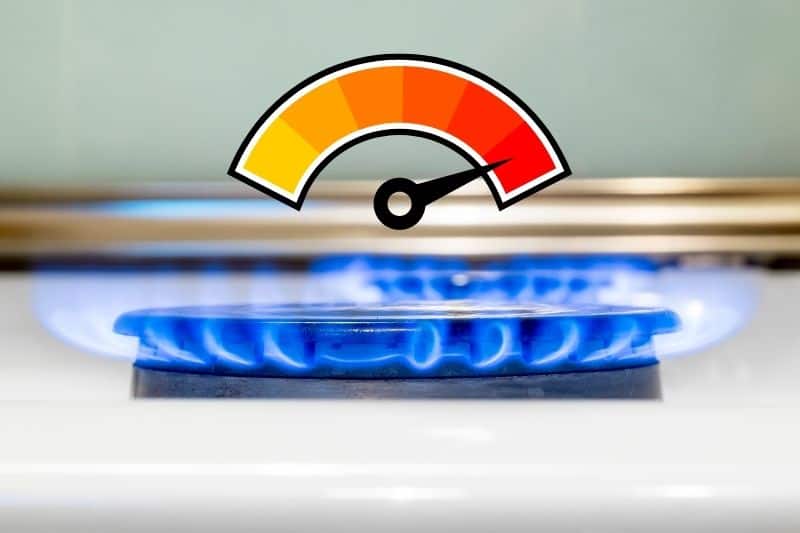
When you want to crank the heat up in an electric oven, it can take many minutes. With a gas oven, on the other hand, it can take seconds to reach a higher temperature.
The same is true for cooling an oven down. So, not only is a gas oven much quicker to heat up, but it responds to temperature changes that you make far quicker than an electric oven too.
2. Way Easier to Control
One massive plus about gas ovens is the control you have over them. This goes back to the response time I mentioned above. With electric ovens and hobs, you often need to remove the tray or pan as the oven or hob cools down or heats up.
With gas, you don’t need to. Once you have turned the heat down or up, the flame responds straight away. This means controlling the heat of a gas oven is super easy. This prevents burnt meals and allows you to experiment nicely.
3. Cookware Conundrum
One issue with electric hobs is that cookware needs to be nice and flat to benefit from the heat source. This is great if you’re always buying new pans, but if, like many home chefs, your pans are slightly warped or bent, they may not lay flat on the cooking surface.
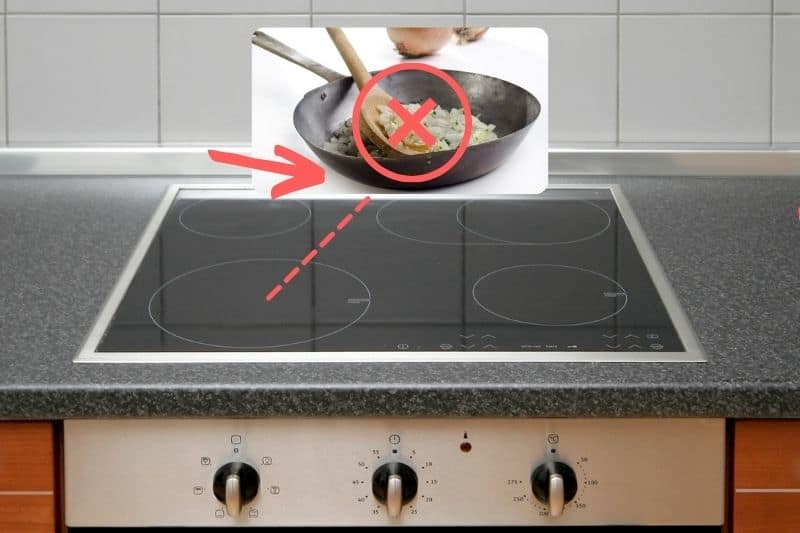
This means that the pans will have hot and cold spots, and cooking things evenly can be a real struggle. With gas hobs, though, the flame hugs the bottom of the pan and so this issue is basically eliminated.
Of course, this is only an issue on hobs, but it can massively affect your meals.
4. Maintenance
Gas ovens and hobs are so much easier to maintain and repair than electric ones. Most electric hobs and ovens have almost become disposable at this stage, and if they aren’t, they are very costly to repair.
This is because most electric hob or oven repairs require more expensive parts. For example, the control panel on an electric hob. If this control panel goes wrong, it is very likely that an engineer will just replace the entire panel rather than the button or two that has failed.
This isn’t something that you could do, and the parts are not readily available even if you wanted to do it yourself. So that means you have to call in an oven engineer and you have to pay their prices.
Gas ovens are so much simpler than electric ovens. When something goes wrong with a gas oven, chances are it is either cheaper for an engineer to fix, or you could do it yourself.
Still, because there are way fewer moving parts (and complex computing) in a gas oven, regular cleaning and maintenance should mean that you’ll go years without ever needing to try and repair the oven!
5. Simple to Clean
Lastly, we have to mention the cleaning. Pro chefs love using gas ovens because of how easy they are to clean. If you have an electric oven and hob right now, you will know that getting rid of stains and burnt-on food is really annoying and not easy at all.
With a gas hob, though, you just remove the grates, pop them in the sink to soak and wipe off any crumbs and stuff. Because the surface of a gas hob is lower than the burners, it means that food just doesn’t get stuck to the surface as easy as it does on an electric hob.
Also, the oven is way easier to clean on a gas oven because it is a dryer heat, so food doesn’t stick to the surfaces as much.
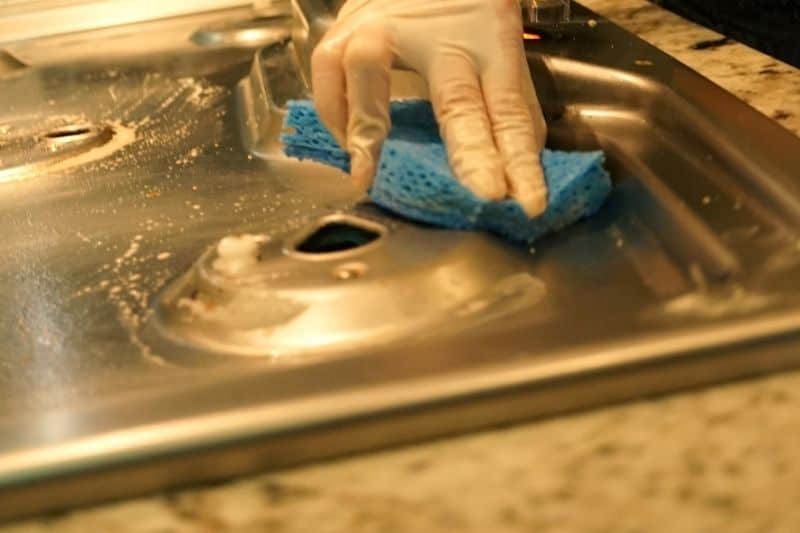
So, if you want the control, response and ease of cleaning and maintenance that a pro chef has in their kitchen, switching to a gas oven is a brilliant way of achieving this at home.
Gas ovens are fantastic; using them really makes you wonder why you struggled with electric for so long.
Check out our articles on the best gas ovens in the UK right now, as well as the best pans for a gas hob.

Scott is a writer and a passionate home chef. His passion for cooking began when he was 10 years old. Scott has been writing professionally for over five years now and loves to combine his passion for cooking with his day job.

